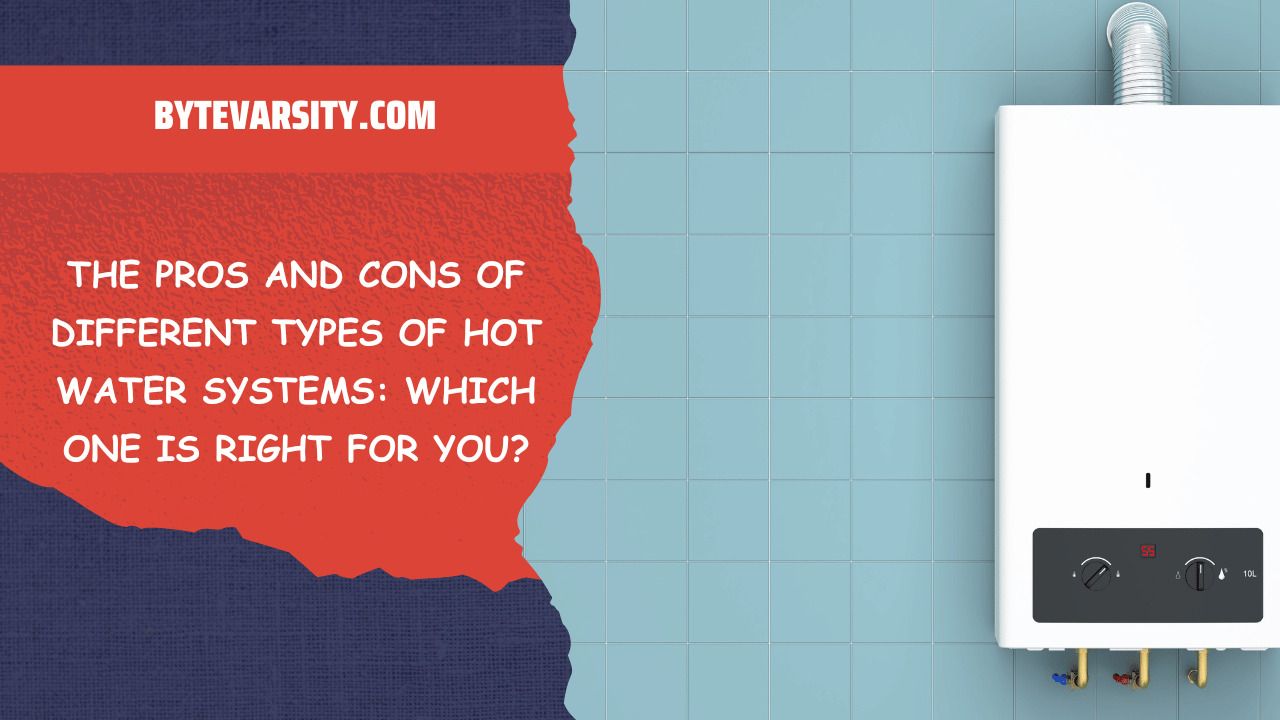Enhancing Religious Rituals and Practices with Modern Technology

Due to technology and tools such as the internet, smartphones, live streaming platforms, online donation platforms, and more, the execution of religious practices has improved.
These forms of technology have allowed religious practices and traditions to be performed more frequently, more effectively, or more easily.
Some examples include giving Qurbani in Islam and charitable practices that are commonplace in a number of religions due to the ease of donating and easy access to knowledge and online resources due to the internet.
Giving Charity
In a number of religions, giving charity is highly recommended, highly rewarded, and often required to be performed. There are many forms of charity that are meant to be given for different reasons and at various times throughout the year.
The Impact of Social Media on Religion

Social media can be used not only to collect donations for religious charities but to advertise or seek out donation pages and charity services, which are integral for various faiths. With the variety of social media platforms that there are today and how many people can be reached so easily, sharing and donating to religious charities through them has never been easier.
Find out more about how social media can increase the giving of charity and hence improve the efficiency of religious practices here.
Qurbani in Islam
Qurbani is performed at least once a year by millions of Muslims around the world. It is the act of sacrificing an animal for the meat to be distributed to feed the poor, which commemorates the sacrifice that Prophet Ibrahim was willing to make by offering his only son for God’s sake.
Qurbani 2023 is required to be performed during the month of Dhul Hijjah, the final month of the Islamic calendar, on the 10th, 11th, and 12th days. However, due to modern technology and payment methods, Muslims have the option of paying for their Qurbani in advance of these days while being assured that their Qurbani will be performed during those three days, not before.
This is a fantastic way to ensure Muslims do not forget to pay their Qurbani or leave it too late. Instead, they can pay for it in advance to ensure they pay it and reap the rewards of performing this religious act.
Some Types of Charity in Islam Specifically:
Zakat – the annual giving of 2.5% of your wealth to charity to uphold the third pillar of Islam. This is compulsory for Muslims who are adults, sane and financially capable.
Lillah – any form of charity given purely with the intention to please God, and this is a voluntary act. ‘Lillah’ translates to ‘for Allah.’
Sadaqah – comes in many forms and can be physical donations of money, food, clothing, or even smiling. This is a voluntary form of charity and expiates sins and holds a lot of rewards.
Sadaqah Jariyah – Ongoing form of charity. For example, building a water well which will quench the thirst of many people for a long time. You can get rewarded for these acts of charity even after you pass away or dedicate them to the deceased.
Some Examples of Sadaqah Jariyah – ongoing reward
- Teaching beneficial knowledge to others
- Building a mosque or place of worship
- Donating wheelchairs or medication to a hospital
- Planting a tree
- Building a water well
- Sponsoring an orphan
- Bringing up a righteous child
More information about Sadaqah Jariyah can be found here.
With the modern technology of different payment methods, including online donation links, followers of all religions can give their donations more effectively, quicker, and easier than ever before.




